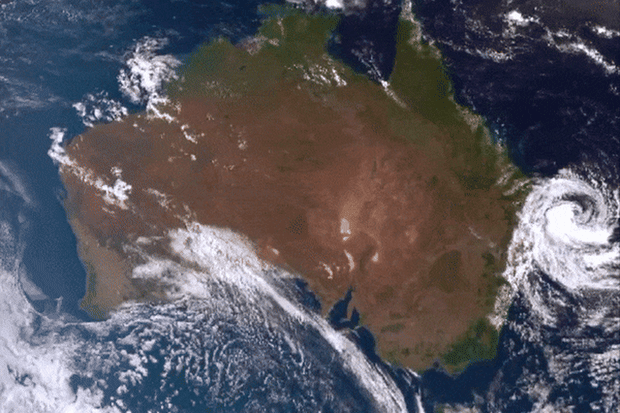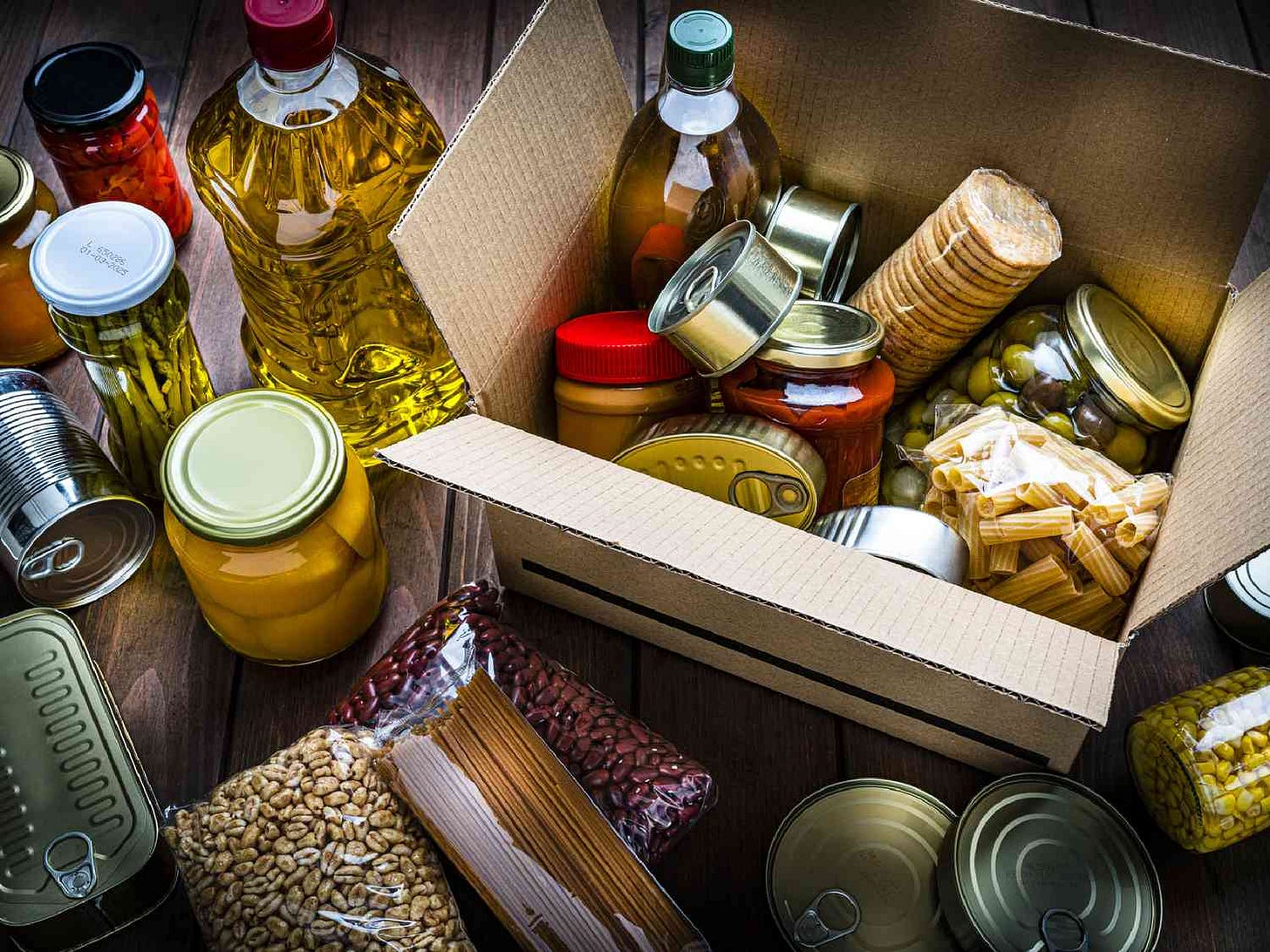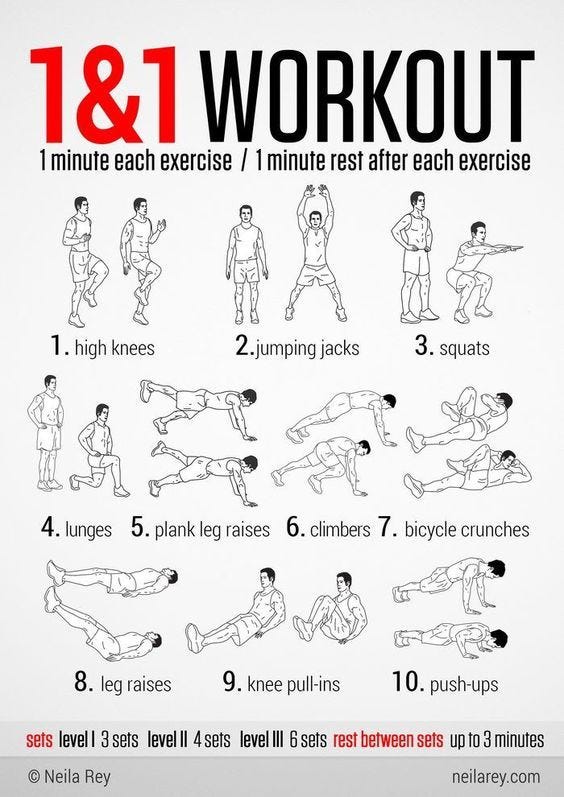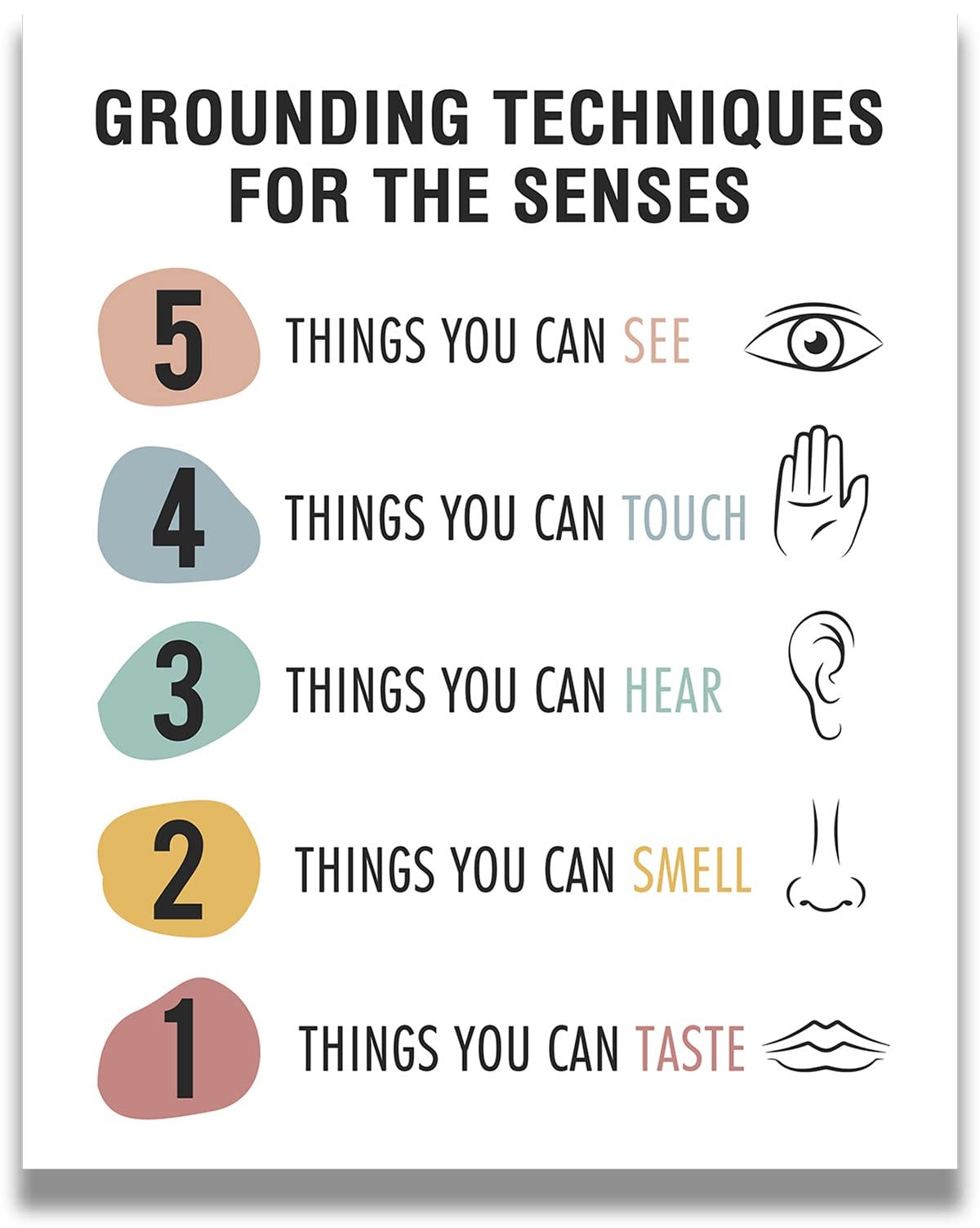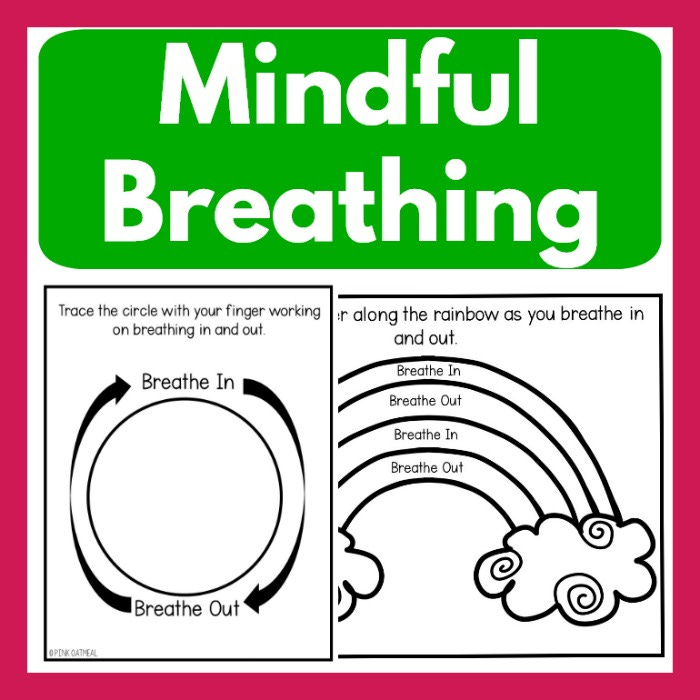Here in Brisbane we awoke to grotty weather. Wind and rain, but nothing spectacular. Yet.
But the reality is coming in to land.
The latest forecast update predicts Alf will make landfall early tomorrow morning in the Moreton Bay area, just north of here.
That puts us just south of the centre, not a great place to be. We’ll cop a lot of rain. That means a lot of flooding. Again.
While we wait for things to intensify, I’m sure the uncertainty of the waiting game is getting to some people. It can be stressful and anxiety-inducing to sit with the not-knowing in anticipation of an impending natural disaster.
So, what can folks do to help with that?
Well, counterbalance is the key.
Seize Certainty and Control
There’s almost always some things we can do to increase our feelings of certainty and control.
If we’ve prepped our yards, sandbagged where possible, and made sure nothing’s loose that could go flying, we’ve done our bit to prevent or mitigate damage. If we’re feeling neurotic and wondering whether the wheelie bins should still be out there, we can pop them in the garage or carport, or ask a neighbour to host them for a bit if we don’t have anywhere to secure them. I’m pretty sure 150kph winds can pick up a wheelie bin and toss it about. And floodwaters will carry them away.
If we’re prepped with enough food for a week or so, then we know we won’t go hungry. If we have a gas stove to cook it on, then we know we can have comforting warm meals even when the power goes out. And if we have some food that doesn’t need cooking (e.g., most fruit, bread and peanut butter, pre-packaged snack foods like chips and crackers, and protein bars), then we know we’ll be able to eat, even without the ability to cook or get to the shops for supplies.
We’ll want torches for when the lights go out, but not everyone has those. Candles are a backup option. I prefer candles anyway. Yeah, the authorities don’t recommend them cos fire hazard, bla-blah. Mostly things are going to be a bit damp to be overly worried about fires, but use your own common sense. We’ve got candles for days – already set up in every room of the house so we don’t need to scramble for them in the dark.
Most Brisbanites should still be able to find a store open nearby to stock up a little for the next few hours if there’s anything they’re missing right now.
Or brave it and hit up a friend or knock on a neighbour’s door to ask for something you need. You could always offer something you have lots of in exchange if that makes you feel better about it.
If we’ve pre-filled water containers with at least 10 litres of water per person, then we know we won’t dehydrate if the water gets cut off. It doesn’t matter that the stores all sold out of bottled water. We all have containers of some sort at home. At my place, we scrounged together bottles and jugs of all kinds, and large Tupperware buckets and storage jars. There’s always large pots and pans, too.
And if we’ve pre-filled some large buckets with water, then we’ve got something to flush the toilet with if the water gets cut off. We’ll fill up the bathtub and laundry sink at my place later today so we have a constant supply should we need it. I know I’ll be wanting a bucket bath and dishwashing water if I can’t get assurance from the tap. We’ve also filled up eskis with cooking water so we don’t have to use any of our drinking water for that.
These are just precautions. Hopefully none of them are practically necessary.
But I reckon they’re psychologically necessary. If we have things in place, we have a level of certainty and a sense of control in an uncertain situation where Mother Nature realistically holds all the cards.
Staying Calm Through the Wait
You’ll probably see a bunch of advice out there about how to stay calm in a crisis. A lot of it’s generic and often rings a bit hollow. But the principles are sound.
There are two ways in which we can experience and deal with stress, anxiety, and the nervous energy that gives us the jitters.
First is anticipation. While we’re playing the waiting game, most of us have at least a bit of nervous energy to burn. Mother Nature gave us this in the form of cortisol and adrenaline – precisely what makes us fight or flee in a crisis.
It’s no good sitting, drowning in our own cortisol and adrenaline. It has to get used. This is how come we’re even here: our ancestors were good at this stuff.
The most obvious thing to do is get busy physically to burn up that cortisol and adrenaline.
Prepping is a good way to kill two birds with one stone.
The next thing to do is stay connected, as co-regulating with others helps counterbalance stress, anxiety, and nervous energy. Checking in on loved ones and neighbours keeps you grounded and connected.
Fess up to a friend if you’re feeling wobbly; they’d most likely love to do their bit by buddying up with you through the wait, in person, over the phone, or via text.
And once the prep is all done, then what? Any physical exercise we can do to burn up that excess cortisol and adrenaline.
If it’s not safe to go for a walk or a run around the block anymore and you don’t happen to have a home gym setup, you’ll need to get creative. You’ve probably got some heavy stuff you could lift, and exercises with our own body weight are always an option (push-ups, planks, wall squats, etc.).
Getting physically active is a double-whammy of effectiveness in that it uses up your cortisol and adrenaline while also regulating your breathing. That helps regulate your heart rate, and make you feel calmer.
Other than burning through your stress, you can also think your way through it.
The generic advice out there will tell you not to ruminate or fixate on the news. That’s sound. Please don’t obsess over what’s happening in disaster zones. Just tune into what’s directly relevant to you.
But ruminative tendencies are not just something you can switch off.
So, if you’re like me, and like to really process your way through scenarios, you can put this tendency to good use.
You can get clear on what to do in a crisis situation by planning out an if-then decision tree (e.g., if the power goes out, then what steps do I take next?) or to-do lists. If you uncover any gaps in your prep, you might still have time to fill them or come up with contingency plans.
This helps you establish a sense of control over the situation, and probably means you’ll kick butt in the actual crisis.
And it also helps regulate your emotions. You see, you can’t be using both your prefrontal cortex (the rational, thinking, planning, problem-solving brain) and your amygdala (your emotional brain) at the same time. When one is on, the other is off. So, if you want to feel less angsty, then put your brain to work with a problem-solving task.
Distraction works wonders too, and is especially useful for kids and any angsty adults who aren’t likely to be so great on the actual problem-solving front (we all know some of those, right?). And you should probably get on board with distraction too, once you’ve covered all bases with prep and planning.
A lot of folks aren’t going to concentrate well on things like reading a novel or, heaven forbid, trying to do actual work, when their nervous system is going haywire. But most of us could focus ok on a card game or a board game – anything that requires us to strategize.
Staying Calm Through the Crisis
During the crisis itself, we’re playing a different ballgame. When we’re in the midst of 120-150kph winds and lashing rain, it’s all about regulating in the moment.
During the crisis, there’s no more prep or planning you could do, and neither fight nor flight are options. You’re going to need grounding, self-regulation, and co-regulation skills.
You might be cool as a cucumber yourself, but others around you might be made of different stuff. Stock up on skills in advance.
As with the anticipation phase, mindfully flipping modes to use your rational, thinking brain can pull you out of heightened anxiety or panic. This is where grounding is helpful.
A simple grounding technique is the 5, 4, 3, 2, 1: look around you and name five things you can see, four things you can touch, three things you can hear, two things you can smell, and one thing you can taste. Feel free to switch that up; the order doesn’t matter. Do what works.
If it’s a little bit challenging, that’s a good thing. You stay in your thinking brain when you have to solve a problem. This pulls you out of a potential amygdala hijack.
It’s also really simple to talk other people through the grounding process. You just need to engage them first. Something like, “Hey, can I get you to do something for me? Can you just look around and name five things you see? What’s the first one?” And keep going.
Check in afterwards to see how much the angst has come down. You might need to keep doing things that re-engage the thinking brain to keep yourself or another person grounded.
Another technique that directly targets bringing down an elevated heart rate and breathing is mindful breathing. All you need to do is belly breathe: draw deeply to fill your lungs right up, and then exhale super slowly, making sure you let every last bit of air out.
Like, slow enough to be able to sing the opening lines of Hallowed Be Thy Name by Iron Maiden.
Count the seconds in. Count the seconds out.
You’ll find your breathing gets slower as you go, and your heart rate will come down along with it.
As with grounding, you can help someone else through mindful belly breathing. Again, just engage them first. Something like, “Hey, can I get you to do something with me? Can I get you to breathe with me? OK, deep breath in [count the seconds as they pass], OK, long, slow breath out [count the seconds as they pass]. OK, another one in…” And keep going until your second count is pretty high. The breathing is now slow, and the heart rate will have come down.
Do this as many times as needed. It might be needed a fair few times if things get really rough and someone in your household is feeling panicked.
So, those are a few tips and tricks to get through the worst of what’s ahead of us over the next couple of days.
Let me know how you go!
I’ll be back with IRL updates on the Brisbane situation!

